11 Questions That Teach Kids To Be Happy, According To Psychology
Sometimes happiness is something that has to be taught.
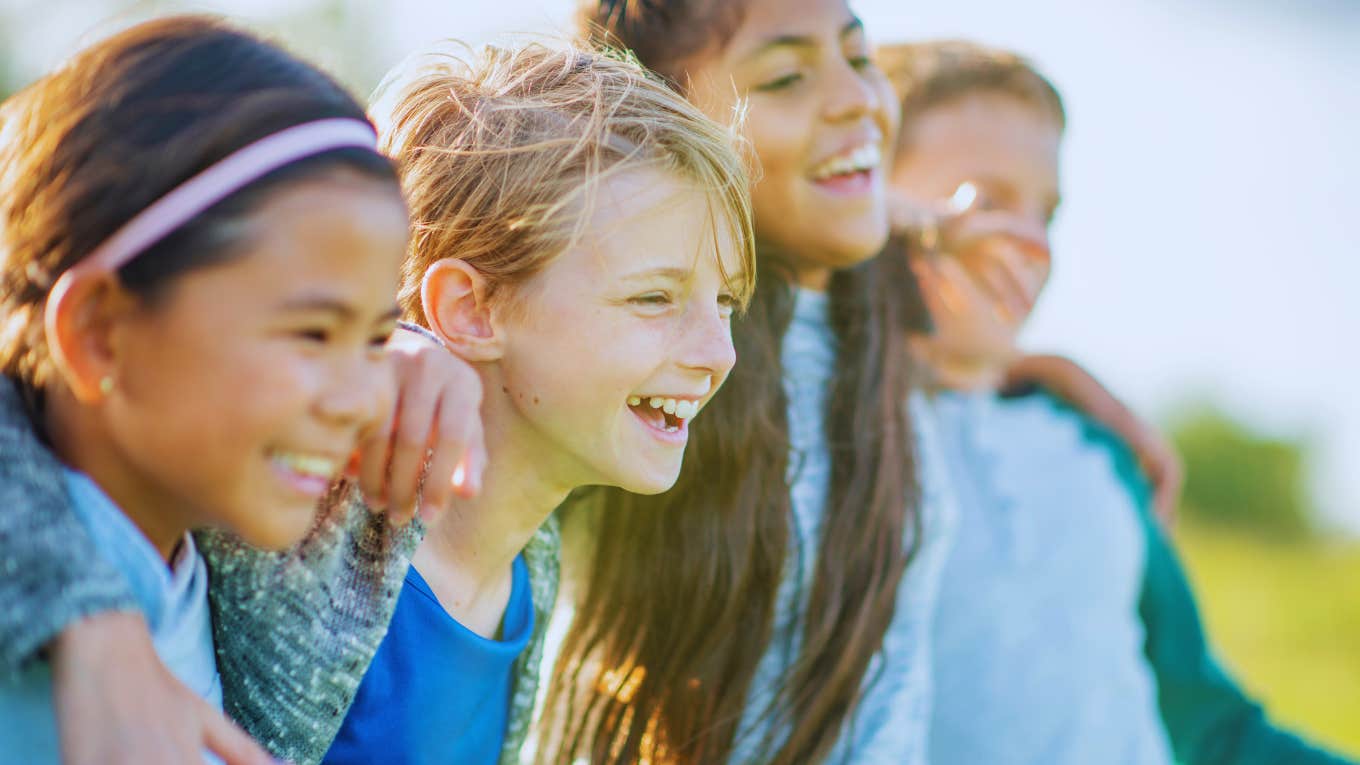 FatCamera | Canva
FatCamera | Canva Are you naturally carefree and happy? If so, it’s likely a mix of your genetics (identical twins reared apart usually have the same level of happiness) and your personal choices about how to live your life. The field of positive psychology centers on the idea that people can make themselves happy just by changing how they think and act.
Happiness is conceptualized as more of a habit than a God-given blessing. And while some of your happiness is biologically determined, there are many things you can do to be happier.
These questions focus your children on how to make themselves happy. Eventually, your children will internalize these questions and ask them in their heads. Then you’ll have given them the gift of happiness, which will make you so (you guessed it) happy.
Here are 11 questions that teach kids to be happy, according to a psychology:
1. What was your favorite part of today?
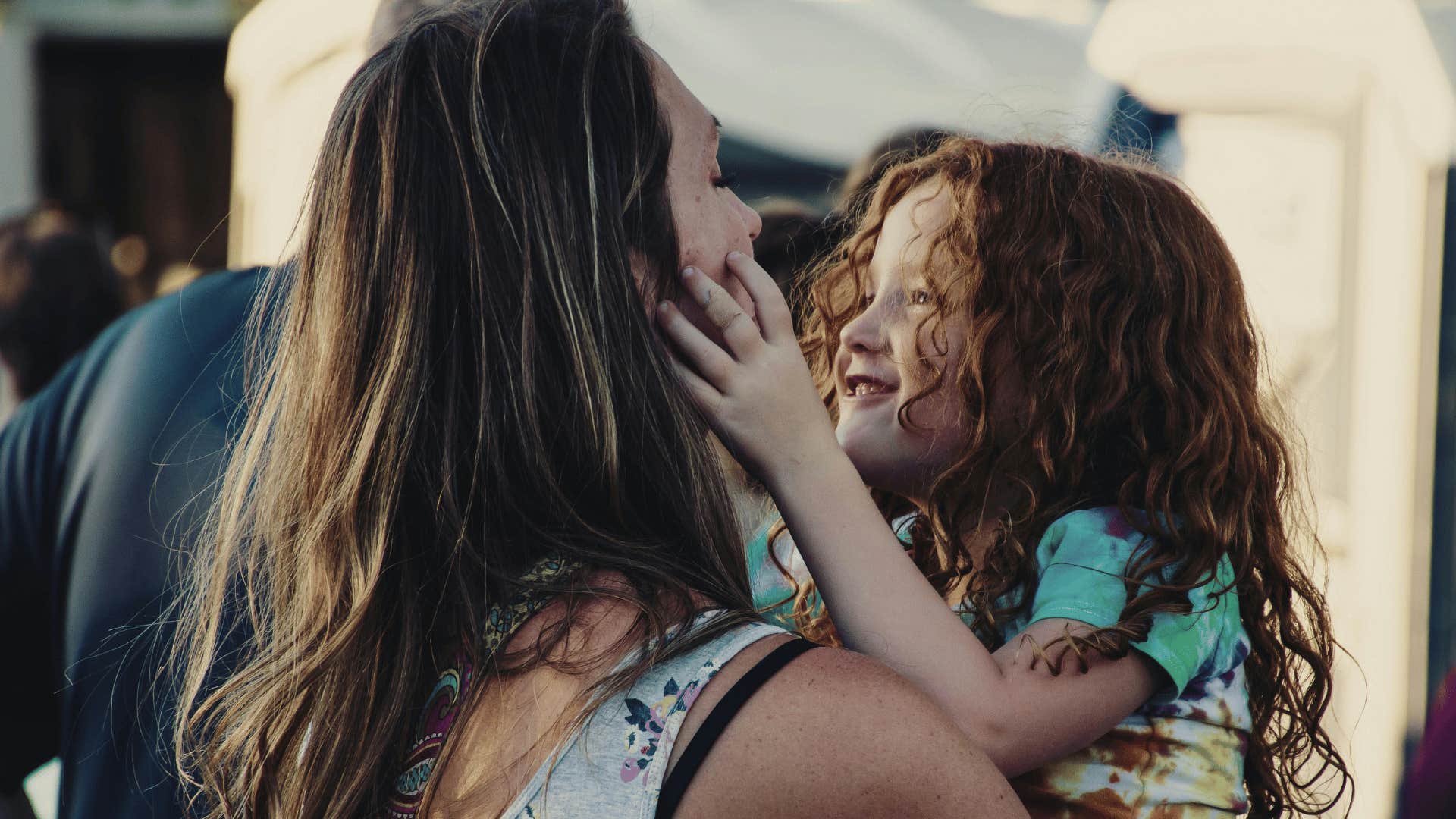 Brett Sayles / Pexels
Brett Sayles / Pexels
This is a good question to ask at bedtime, to help your child feel content and happy before sleep. It also instills a habit of focusing on the best thing that happened on any given day rather than the worst. If you make this part of your bedtime routine, it will become second nature.
2. What are you grateful for?
 Alex Green / Pexels
Alex Green / Pexels
This is a good question for the dinner table. Every family member can take a turn saying what he or she is grateful for that day. Studies from Harvard Medical School show there is a strong correlation between happiness and gratitude, so this one is very powerful.
3. What are you going to do about that?
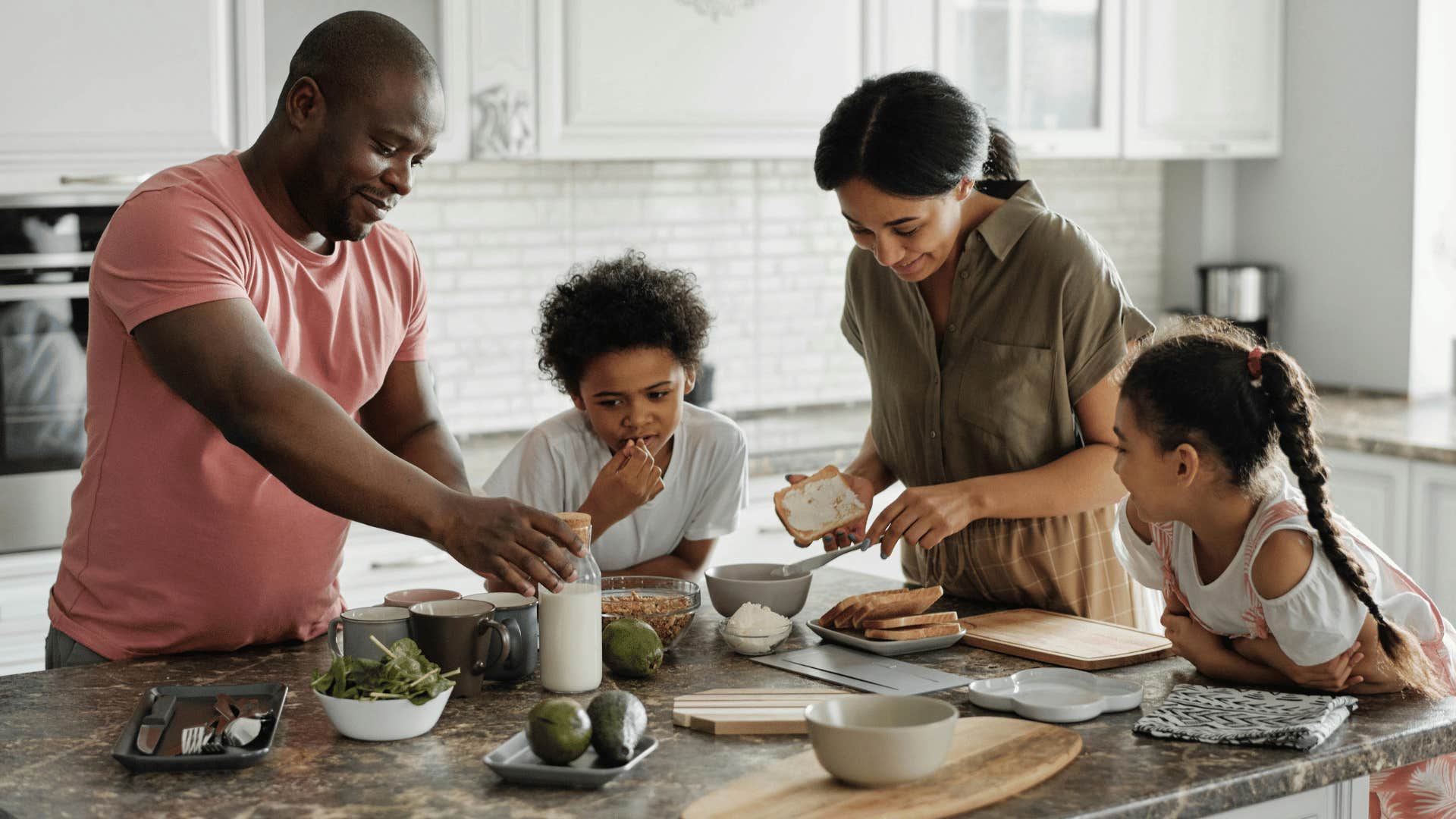 August de Richelieu / Pexels
August de Richelieu / Pexels
When a child comes to you with a problem, ask this question in a warm and curious tone. Don’t just jump in and solve their problem; how does that help them in the long run? At least give them a chance to work it out on their own, and give them the gift of your confidence in them, which is evident by this question that implies that they can think of solutions to their issues.
If your child says “I don’t know,” you can say, “I am not sure either, let’s try to figure it out together.” Happy people are people who think of problems as surmountable and think of themselves as effective problem solvers. And even if your child’s solution doesn’t work, then you have given him the gift of failure, which you can read about in The Gift of Failure: How the Best Parents Learn to Let Go So Their Children Can Succeed.
4. What do you think he/she feels?
 Ben Mack / Pexels
Ben Mack / Pexels
In any situation, you can cultivate empathy by asking your child to wonder about what someone else feels. Empathy will make your child a happier person; he or she will have stronger interpersonal relationships, feel better about himself or for thinking of (and then, often, helping) others, and derive more meaning from life.
5. How did that make you feel?
 Askar Abayev / Pexels
Askar Abayev / Pexels
At the risk of sounding shrink-y, an essential part of happiness is being able to notice and express your own emotions. If you can verbalize what you’re feeling, you can make sense of it, you can process it, and you can obtain support from others.
This is a great question to ask when your child comes to you with something “bad” that happened, instead of either dismissing it (“that wasn’t that bad”) or fixing it (“let mommy get you some ice!”). It trains your child to be aware of his feelings and to use that information effectively.
6. How can you look on the bright side?
 Elina Sazonova / Pexels
Elina Sazonova / Pexels
In any situation, you can teach your child that there are positives. With preteens or teenagers, this question may be way too corny, but little kids will like it.
You can also teach them the expression “making lemonade out of a lemon” and ask them how you can make lemonade out of a bad situation, like, “You fell and hurt yourself, so that’s a lemon, but you got a Tinkerbell bandaid, and that’s lemonade! Now you tell Mommy one.”
7. What part of that can we learn more about?
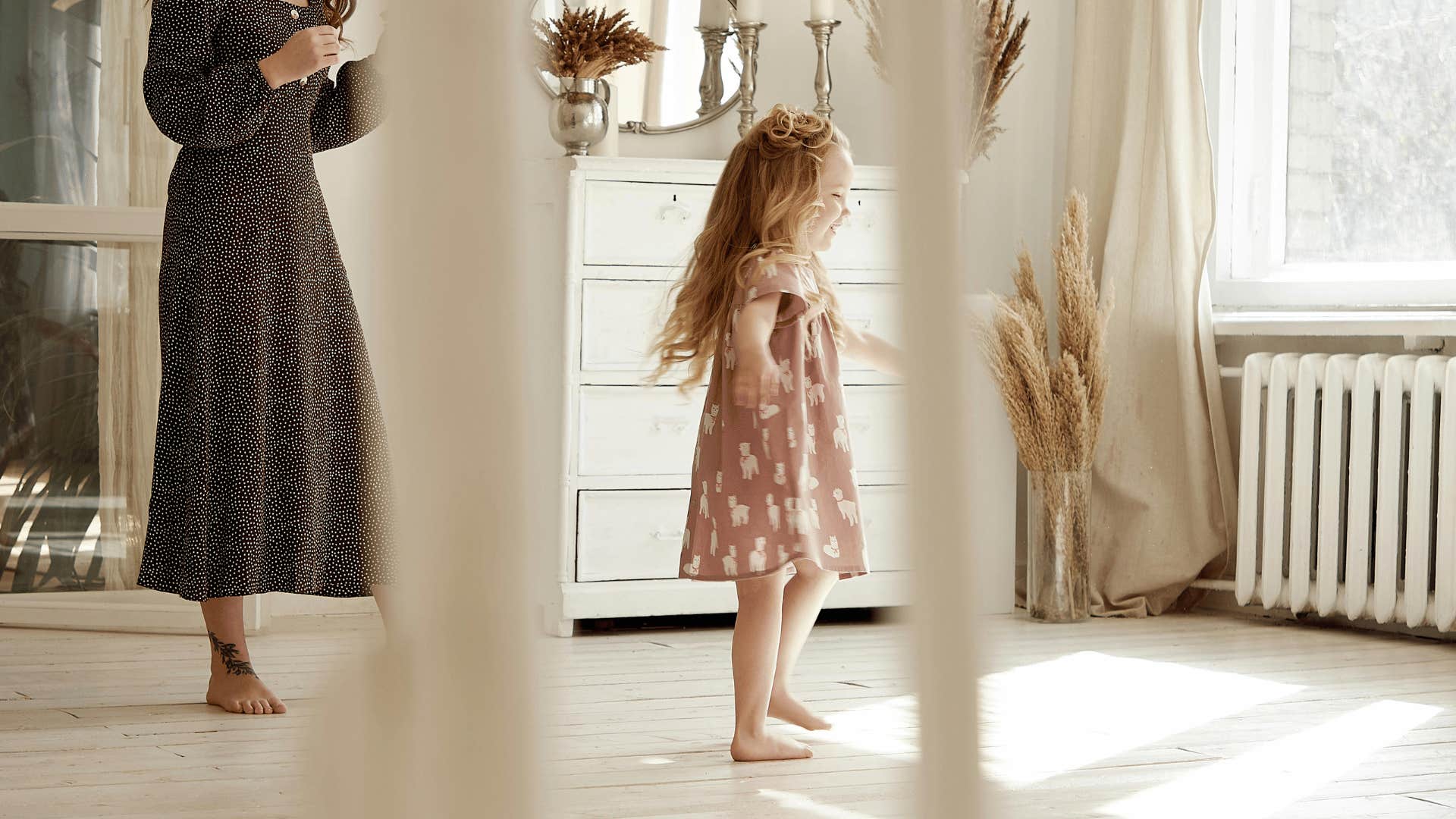 Снежана / Pexels
Снежана / Pexels
In any TV show, book, trip outside the house, basically any situation at all, there is something to learn more about. And look at you, Super Parent, you already have your smartphone at the ready!
So this time use it for teaching your child that life is full of learning opportunities. Happy people are people who are curious and always learning.
So when you watch TV and someone says “Bonjour,” you can look up pictures of France or a YouTube song sung in French. When your child realizes that this question means that you’re going to whip out your phone and show them something new and special, they will ask you all the time. And that’s how you end up looking at pictures of real estate in Nebraska with your four-year-old. Don’t ask.
8. What do you want to do on the weekend?
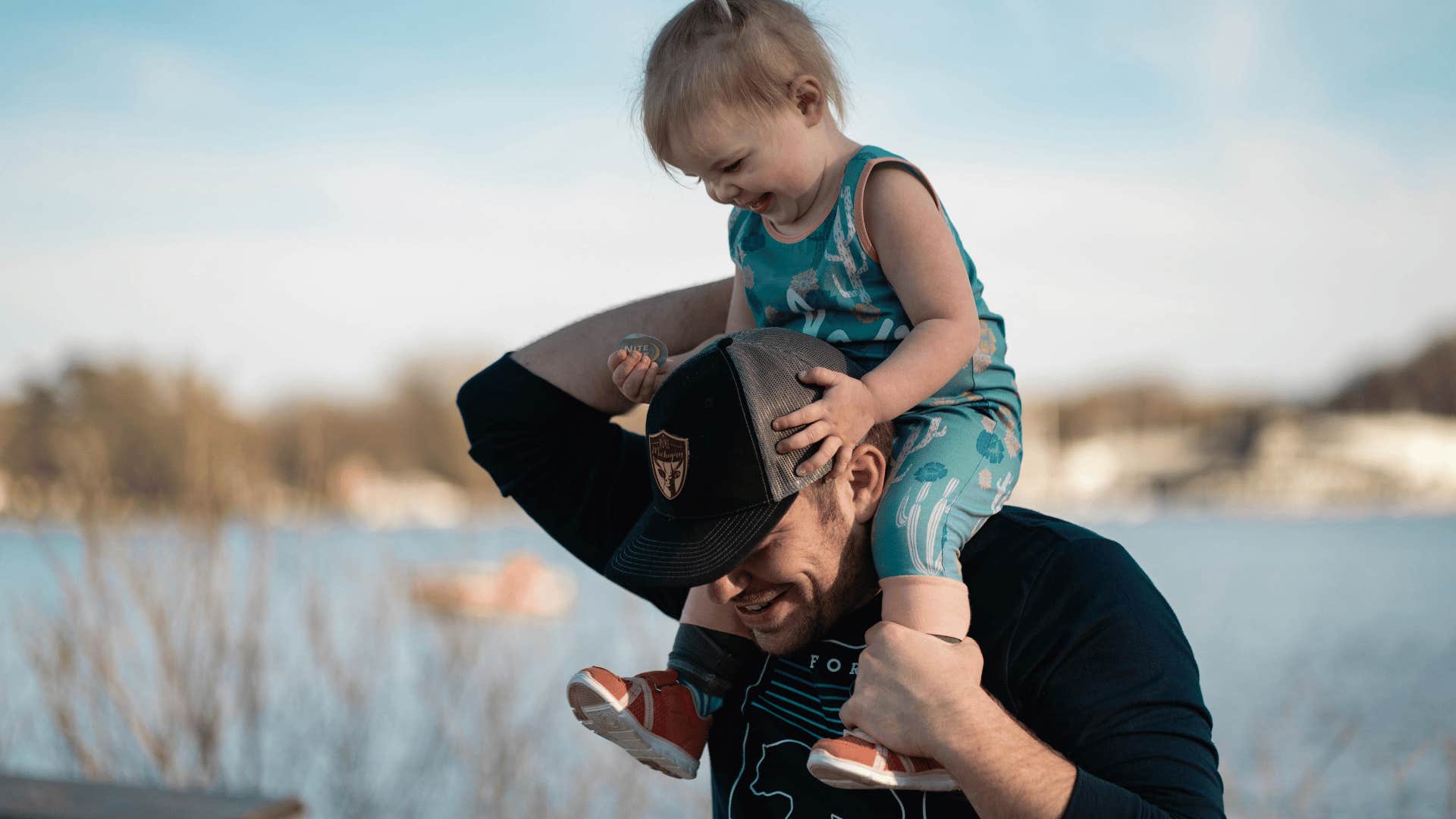 Josh Willink / Pexels
Josh Willink / Pexels
Research from a 2010 Science paper co-authored with psychology professor Daniel Gilbert, shows that anticipation of positive experiences brings more happiness than the experiences themselves. Once your child is old enough to realize that tomorrow is not today, start instilling a habit of positive anticipation of small pleasures. A child who is excited all week to get frozen yogurt on the weekend is a happy child, just as an adult who plans a vacation six months in advance is happier during those six months.
9. What can we do to help/to make someone happy?
 nappy / Pexels
nappy / Pexels
Bringing your child along to visit a sick relative, someone recovering from surgery, or to volunteer at a soup kitchen is a wonderful gift that you can give to your child. Your child will feel even more proud of his behavior if he is one to think up the nice things that can be done (e.g., baking cookies to deliver, or drawing a card).
Research from the University of California- Berkeley shows that giving even releases oxytocin and endorphins, so it’s like a high that your child can become addicted to. Also, involve your child in your charitable activities, as giving charity is a form of altruism that is also linked directly to happiness (and just to being a good person, which you also want for your child). Ask your child: What can we learn more about?
Incorporate a spirit of generosity into your child’s daily life. Whenever you’re out, buy something little for someone else. When you color, make a picture for someone else. Giving things to others makes people happier than buying things for themselves and enriches interpersonal relationships.
10. What do you want to do outside today?
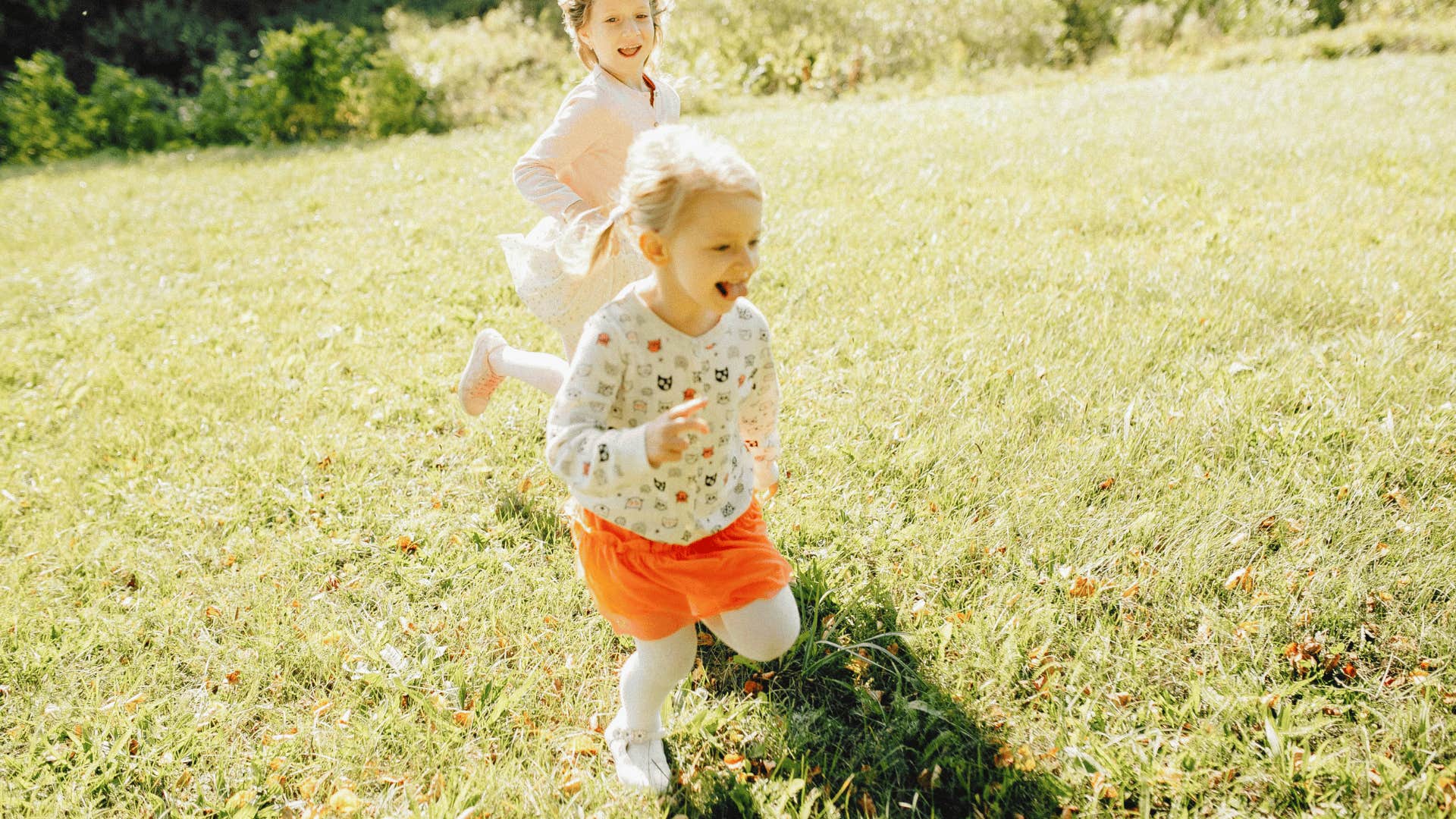 Nataliya Vaitkevich / Pexels
Nataliya Vaitkevich / Pexels
Getting outside and engaging in physical activities alongside your child is a wonderful way to get him or her in the habit of not just sitting around. Studies show exercise releases endorphins and is as effective at treating depression as SSRIs.
And the most powerful way that you can teach your child about exercise is to do it yourself. CBS News reports that children whose mothers exercise are more likely to exercise themselves. And sunlight can also help boost mood and regulate circadian rhythms, which means better sleep for your kids, which makes everyone happier.
11. When do you feel happiest?
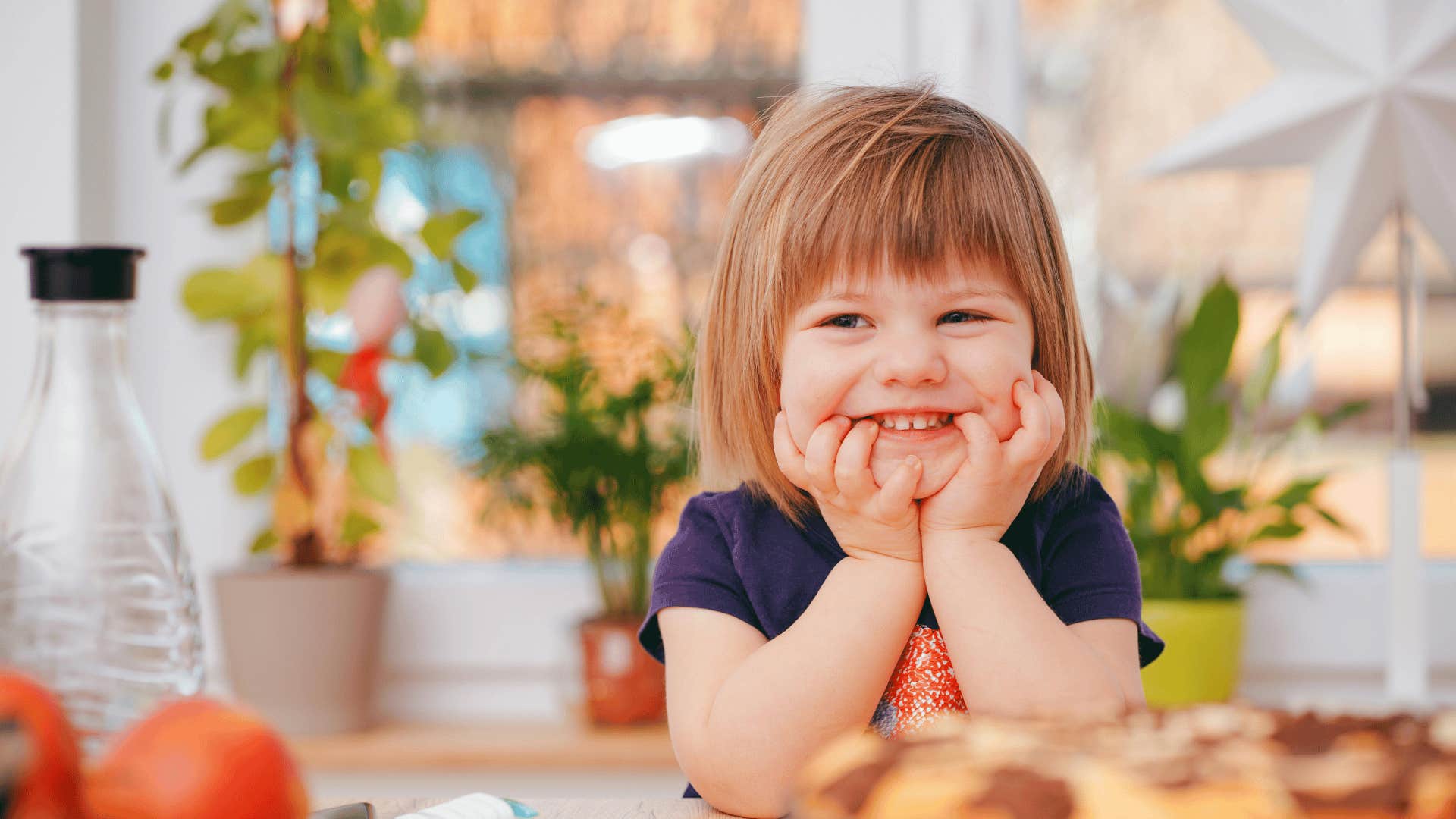 Alexander Dummer / Pexels
Alexander Dummer / Pexels
If you direct your children’s attention to the experiences that they most enjoy, they will start to realize that they can choose to proactively increase their time spent in activities that make them feel best about themselves. According to researcher Mihaly Csikszentmihalyi, “flow” is the state where people find an activity so enjoyable and rewarding that they become completely immersed in it, losing all sense of time and feeling completely in the moment.
If your child is lucky enough to have found an activity that makes him feel a sense of “flow,” it is helpful for you to point this out and allow your child enough time to attain this state. Note: for many kids, this is video gaming, which is fine, since a lot of research from the American Psychological Association points to many psychological benefits of gaming (and anecdotally, I know many people who met their spouses while gaming and gaming actually brings spouses closer if both participate!). The best case scenario is for your child to find a career that puts him into “flow,” since then, as the saying goes, he will never “work” a day in his life.
Dr. Samantha Rodman Whiten, aka Dr. Psych Mom, is a clinical psychologist in private practice and the founder of DrPsychMom. She works with adults and couples in her group practice Best Life Behavioral Health.

